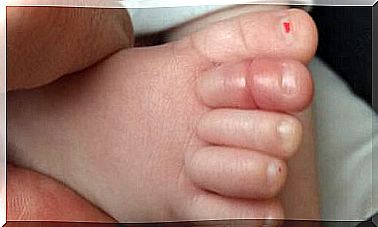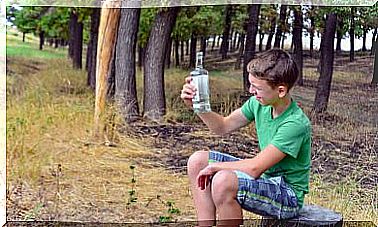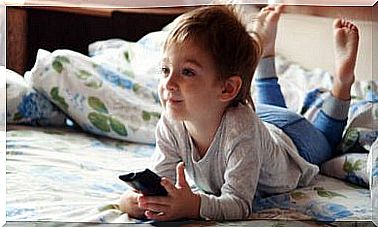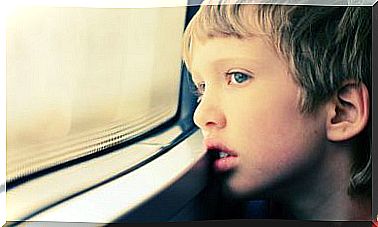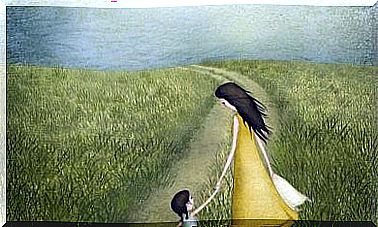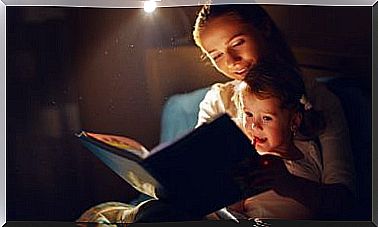Narcolepsy In Children
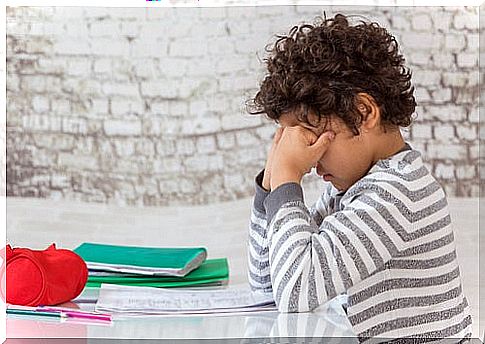
Narcolepsy in children is a condition of excessive sleepiness that can significantly impair all aspects of life. It affects approximately 1 in 2,000 people, and most signs occur during early childhood and adolescence.
It is a lifelong condition that can damage relationships with friends and family. Although narcolepsy does not influence intelligence, it can affect memory and learning.
What Causes Narcolepsy in Children?
Narcolepsy in children is related to a disturbance in an area of the brain that controls sleep and wakefulness. It is caused by a loss of cells in the central nervous system that produce a sleep hormone called hypocretin. Although the reason for the loss of these cells is unknown, it is suspected that it may be due to an autoimmune process.
There are certain genetic markers that can help determine if a patient really has this condition. Their absence does not completely exclude narcolepsy. However, its presence means that you will definitely develop the condition.
What are the signs of narcolepsy in children?
1.- Excessive sleep during the day
This is generally the main sign of narcolepsy in children: they feel tired all the time. In fact, they may fall asleep at unusual times, such as in the middle of a conversation or while eating.
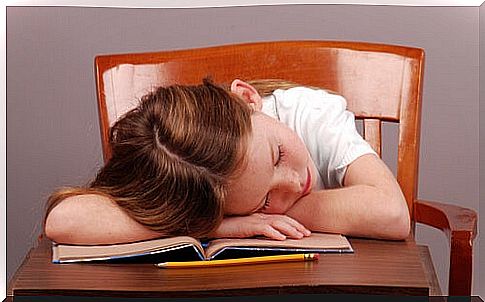
2.- Cataplexy
Cataplexy is a sudden, brief loss of muscle control caused by stress or strong emotion, such as laughter, anger, anxiety, or surprise. This can be mild, such as a brief feeling of weakness in the knees, or more significant, in the form of a total collapse to the ground due to the inability to maintain posture. Breathing is certainly not affected, but a feeling of suffocation can develop.
3.- Sleep paralysis
Sleep paralysis is a loss of muscle control, either when the child falls asleep or wakes up. It causes a feeling of not being able to move or speak, even though the person is fully aware of their surroundings. Being touched by another person usually makes the paralysis go away.
4.- Hypnagogic hallucinations
They are vivid dream events or nightmares that are difficult to distinguish from reality. They occur just before falling asleep or after waking up.
Dreams often involve images or sounds of strange animals or marauders. Certainly the content is terrifying at times. They often occur in combination with episodes of sleep paralysis.
5.- Automatic behaviors
It may happen that the child carries out automatic tasks from his routine without any subsequent knowledge or memory of having done them. For example: writing a letter, doing homework, cooking or cleaning.
There are also other symptoms reported by children with narcolepsy. For example: memory loss, lack of concentration, low motivation, slowness, difficulty keeping up with friends and school work.
How is narcolepsy in children treated?
There are treatments to help control symptoms so that children can lead almost normal lives. Treatment plans generally involve a three-pronged approach: medications, behavior modification, and education.
- Medicines
Prescription medications are available to treat excessive daytime sleepiness, cataplexy, sleep disturbances, and hallucinations. Napping can be combined with medications to effectively reduce your sleepiness.
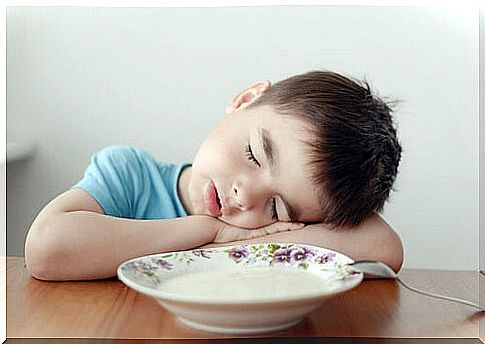
- Behavior modification
The child must follow a strict sleep schedule that incorporates an appropriate number of hours for his age, which may include short naps during the day. Likewise, it is advisable for your child to avoid activities that may be dangerous to his health such as driving, swimming or cooking, except during times when he knows that he will be alert.
- Education
If your child suffers from narcolepsy, you need to talk to his close friends, family and teachers who have direct contact with him. Tell them about your disorder and how it can affect you in your day-to-day life.
In short, narcolepsy in children is a disorder that affects many children. Therefore, if you consider that your child suffers from this disease, visit your doctor as soon as possible to draw up the best action plan.

